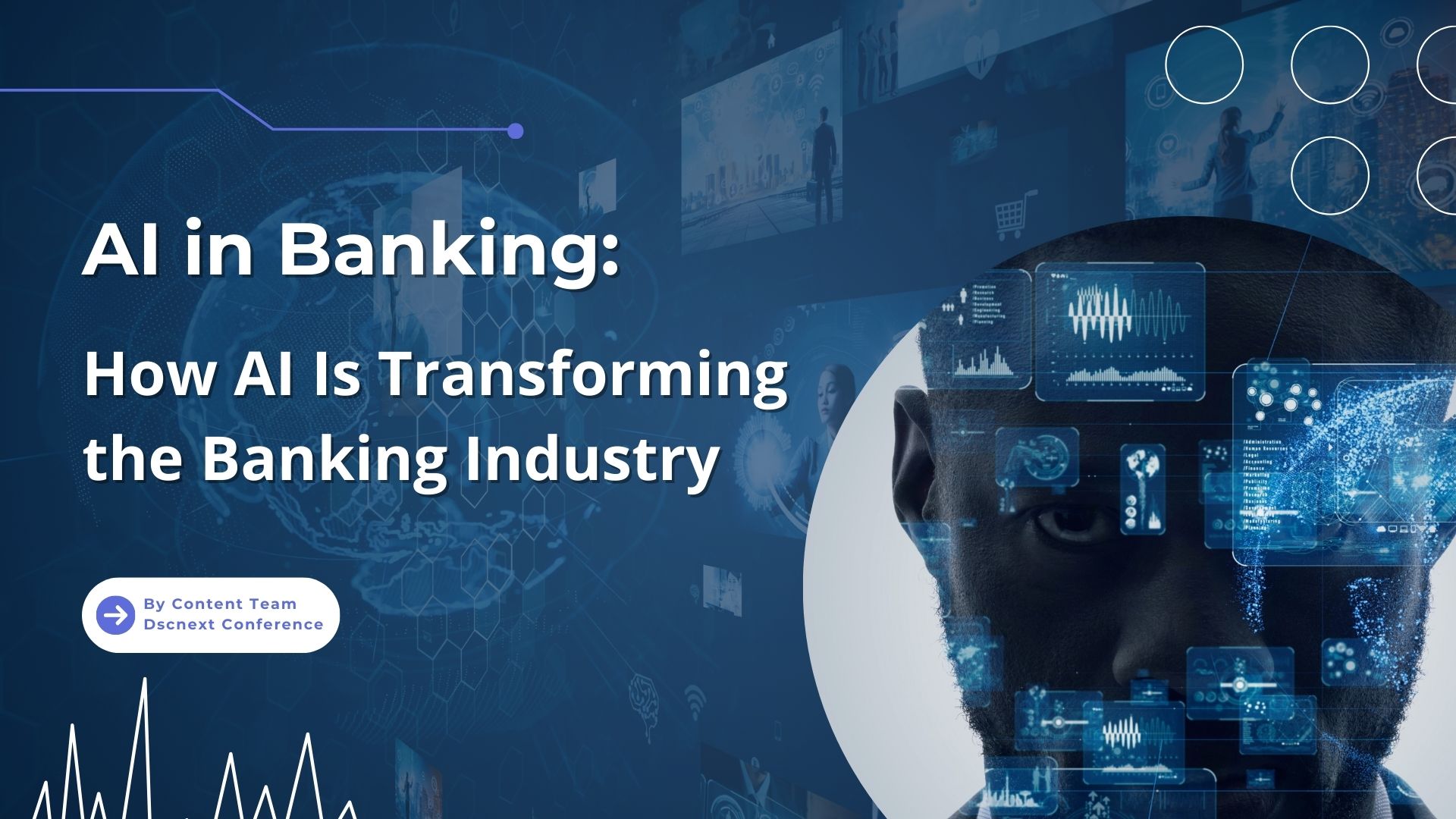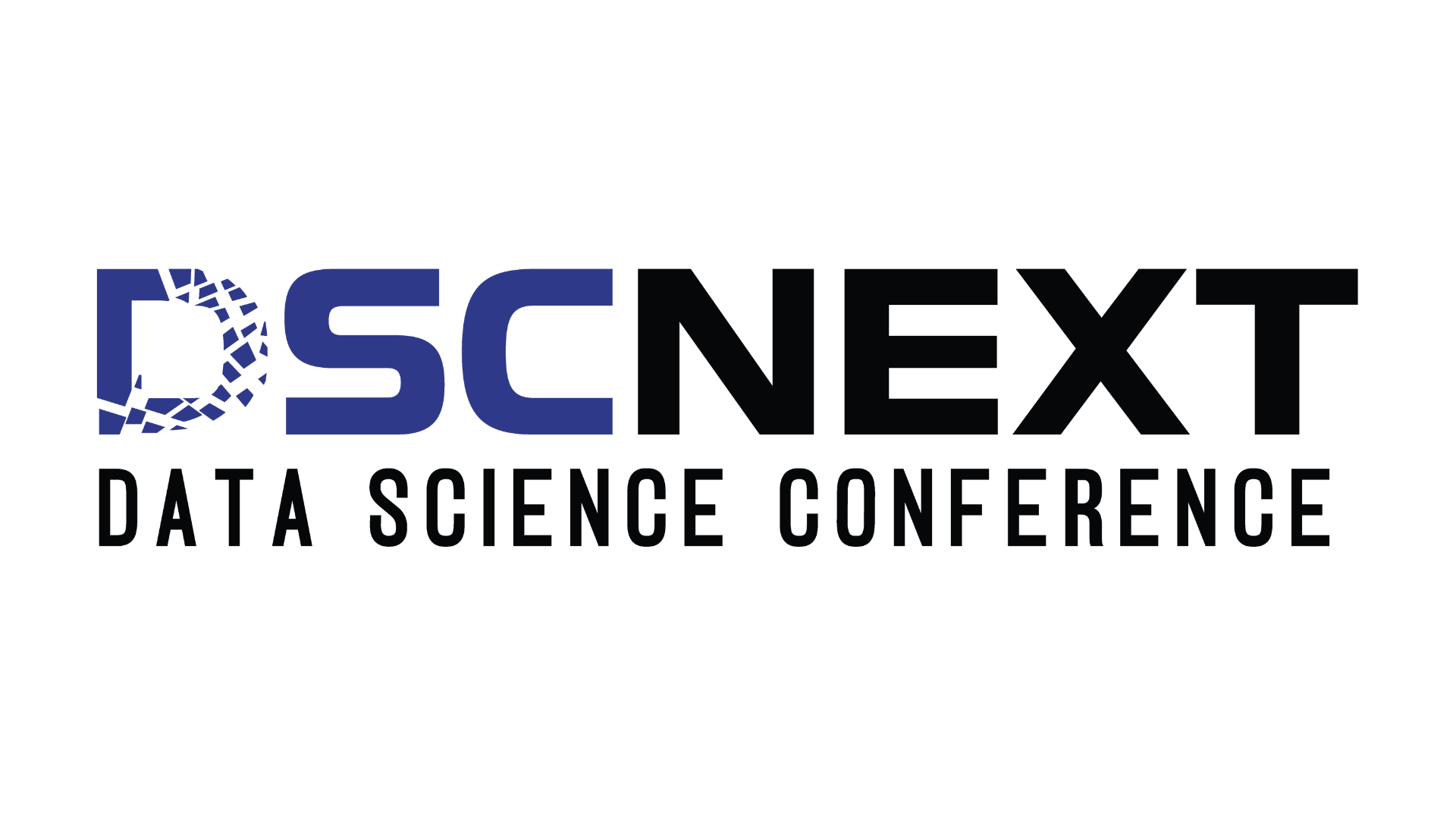
In the evolving landscape of financial services, Artificial Intelligence (AI) has emerged as a game-changer for the banking industry. The integration of AI technologies is not just a trend but a profound transformation reshaping how banks operate, deliver services, and interact with customers. This blog explores the multifaceted impact of AI on banking, highlighting its transformative effects, current applications, and the future potential of this technology.
The AI Revolution in Banking
The financial sector has traditionally been driven by manual processes, data entry, and human decision-making. However, the advent of AI has introduced a paradigm shift, enabling banks to enhance efficiency, security, and customer experience. AI technologies, such as machine learning, natural language processing (NLP), and robotic process automation (RPA), are at the forefront of this transformation.
1. Enhanced Customer Experience
AI is revolutionizing customer interactions in banking through personalized and efficient service delivery:
- Chatbots and Virtual Assistants: AI-powered chatbots and virtual assistants are available 24/7 to handle customer inquiries, process transactions, and provide information. These systems use NLP to understand and respond to customer queries in real-time, reducing the need for human intervention and improving service accessibility.
- Personalized Recommendations: AI algorithms analyze customer data to offer tailored financial products and services. By understanding customer behavior, preferences, and transaction history, banks can suggest relevant products, such as credit cards, loans, or investment opportunities, enhancing the overall customer experience.
2. Fraud Detection and Prevention
AI significantly improves the ability of banks to detect and prevent fraudulent activities:
- Anomaly Detection: Machine learning models can identify unusual patterns and anomalies in transaction data that may indicate fraudulent behavior. These systems continuously learn from new data, adapting to emerging fraud tactics and reducing false positives.
- Behavioral Analytics: AI analyzes customer behavior to establish baseline patterns. Deviations from these patterns can trigger alerts for potential fraud, enabling banks to respond swiftly and mitigate risks.
3. Risk Management
Effective risk management is crucial for the stability of financial institutions. AI enhances risk assessment and management in several ways:
- Credit Scoring: AI models analyze a wide range of data points, including traditional credit histories and alternative data sources, to assess creditworthiness more accurately. This approach helps banks make more informed lending decisions and reduce default rates.
- Market Risk Analysis: AI algorithms predict market trends and assess potential risks by analyzing vast amounts of market data, economic indicators, and geopolitical events. This capability enables banks to make strategic decisions and manage investment risks more effectively.
4. Operational Efficiency
AI-driven automation and analytics streamline banking operations, leading to greater efficiency:
- Robotic Process Automation (RPA): RPA automates repetitive and rule-based tasks, such as data entry, compliance checks, and transaction processing. This automation reduces operational costs, minimizes errors, and frees up human resources for more strategic activities.
- Document Processing: AI-powered optical character recognition (OCR) and NLP technologies enable banks to automate the processing of documents, such as loan applications and compliance forms. This automation speeds up processing times and improves accuracy.
5. Regulatory Compliance
Regulatory compliance is a critical aspect of banking, and AI helps institutions navigate complex regulatory requirements:
- RegTech Solutions: AI-driven regulatory technology (RegTech) solutions automate compliance tasks, such as monitoring transactions for suspicious activities and ensuring adherence to regulatory standards. These solutions reduce the risk of non-compliance and streamline reporting processes.
- KYC and AML: AI enhances Know Your Customer (KYC) and Anti-Money Laundering (AML) processes by analyzing customer data to detect suspicious activities and verify identities. This capability improves the accuracy of compliance efforts and reduces manual workload.
The Future of AI in Banking
The future of AI in banking is poised for even greater advancements and innovations. Several emerging trends and potential developments are shaping the future of AI in the financial sector:
1. Advanced Predictive Analytics : AI will continue to refine predictive analytics, enabling banks to anticipate customer needs, market trends, and potential risks with greater accuracy. This capability will support more proactive decision-making and strategic planning.
2. AI-Driven Financial Advisory: Robo-advisors powered by AI will offer more sophisticated and personalized financial advice, utilizing advanced algorithms to analyze market data, customer preferences, and investment goals. This trend will democratize access to financial advisory services.
3. Blockchain Integration: AI and blockchain technologies will converge to enhance security, transparency, and efficiency in banking. AI will leverage blockchain data to improve fraud detection, transaction verification, and smart contract execution.
4. Ethical AI and Fairness: As AI becomes more integral to banking, there will be a growing emphasis on ensuring ethical use and fairness. Banks will need to address issues related to algorithmic bias, data privacy, and transparency to build trust with customers.
5. AI-Enabled Financial Inclusion: AI has the potential to drive financial inclusion by providing underserved populations with access to banking services. AI-driven credit scoring and financial products tailored to low-income or unbanked individuals can promote greater financial inclusion and economic empowerment.
Challenges and Considerations
While AI offers significant benefits, its implementation in banking comes with challenges and considerations:
- Data Privacy and Security: The use of AI involves handling vast amounts of sensitive customer data. Ensuring data privacy and security is paramount to prevent breaches and protect customer information.
- Algorithmic Transparency: The complexity of AI algorithms can make it challenging to understand and interpret their decision-making processes. Banks must strive for transparency and explainability in AI systems to build trust and accountability.
- Regulatory Compliance: The regulatory landscape for AI in banking is evolving. Financial institutions must stay abreast of regulatory changes and ensure that their AI practices comply with legal requirements and industry standards.
- Talent and Skills: The successful implementation of AI requires specialized skills and expertise. Banks must invest in training and development to build a skilled workforce capable of managing and leveraging AI technologies effectively.
Conclusion
AI is revolutionizing the banking industry by enhancing customer experience, improving fraud detection, optimizing risk management, and driving operational efficiency. The integration of AI technologies is transforming how banks operate and interact with customers, paving the way for more personalized, secure, and efficient financial services. As AI continues to advance, its potential to drive innovation and growth in the banking sector will only increase. Embracing AI is no longer a choice but a necessity for banks seeking to remain competitive and deliver exceptional value in a rapidly changing financial landscape.


